Cosmetic chemists explain what the heck “plant stem cells” do in skin care
Experts explain everything you need to know about plant stem cells in skin care and how they can boost your skin's health, along with which products to buy.

I think it was around the time I was in high school that I learned that people were using stem cells to repair otherwise diseased organs. Science is crazy, right? But now, I see “plant stem cells” touted as skin-care ingredients in beauty products all the time—and immediately my mind goes back to the laboratories. WTF are they actually?
“The term stem cells is a generic phrase which refers to a special type of cell in an organism that can develop into many different types of cells,” explains cosmetic chemist Perry Romanowski. “Embryonic stem cells can be developed into all types of human cells like nerve cells, skin cells, muscle cells, etc. It’s important to know that these are human cells that are specific to an individual.”
In layman’s terms, they’re “undifferentiated cells that have not chosen a path as to what cells they are going to be yet,” adds Purvisha Patel, MD, board-certified dermatologist and founder of Visha Skincare. More specifically, however, I’m looking at plant stem cells—which are different, but have somewhat similar functions. “In plants, these cells live in the meristems of plants,” says Dr. Patel. “They help and regenerate live plants after they have an injury.”
The similarity comes in how the cells act, though. “Stem cells have the ability to self renew and self repair, just like human stem cells,” says Ginger King, cosmetic chemist. “The difference is that the plant ones actually have stronger antioxidant properties than human cells because plants are stationary. They have to protect themselves from the insults of weather.”
That’s where the benefits to your skin come into play—these cellular components of plants are packed with antioxidants, which helps your skin to fend off free radicals that might otherwise aim to damage it. “Plant stem cell benefits to the skin include anti-aging, antioxidant, and anti-inflammatory properties,” says King.
These cellular components of plants are protective, and that translates when you apply one to your face.
But while we use the term “stem cell” it doesn’t necessarily mean they’re alive like in the lab. “When in skin-care products, the stem cells are not live, but you get the same benefits of antioxidants, amino acid content, and ability to boost collagen synthesis from these stem cell extracts,” says King.
Original studies on plant stem cells on skin came using Swiss apple stem cells, according to Dr. Patel. “Stem cell extracts were found to reverse the aging process of cultured fibroblasts,” she explains. “One of the first specific studies showed a decrease in the appearance of crow’s feet after extract administration. Other studies have followed, and it seems that the major benefit of plant stem cells is in the repair of the skin. These extracts may be beneficial as an anti-aging agent, especially if mixed with tissue exfoliating agents such as retinol, bakuchiol and alpha-hydroxy acids.”
That said, even though experts affirm the skin benefits of plant stem cells, Romanowski says to take it with a grain of salt: “In my opinion, stem cells are put into cosmetics because consumers hear the words ‘stem cells’ and think it must refer to some type of advanced biomedical technology,” he says. In reality, they’re just plant extracts, albeit super potent ones in many cases.
To find them on beauty product labels, King says to look for the words “cell culture extract.” Or the packaging will market it as a main ingredient. “Product labels will usually have words ‘stem cell’ on the product to show that they have the extract in them,” says Dr. Patel. “Other words such as phyto cells, plant extracts, and fruit extracts may be used on the label as well. Remember as with all skin-care ingredients, not all products are created equal and not all plants show efficacy with their stem cells. Look for brands that have clinical trials and results to back up the claims.”
To shop the plant stem cell extracts for your own regimen, I’ve rounded up some of the most noteworthy products, below.
Plant stem cell-spiked skin care
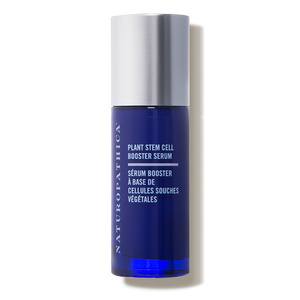
Naturopathica Plant Stem Cell Booster Serum $84
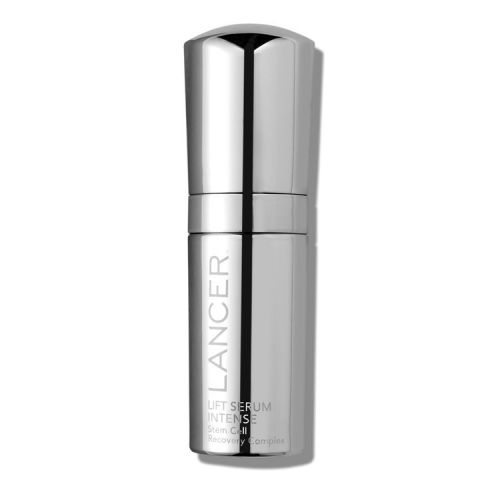
Lancer Skincare Lift Serum Intense with Stem Cell Complex $275

Peter Thomas Roth Rose Stem Cell Bio-Repair Precious Cream $75
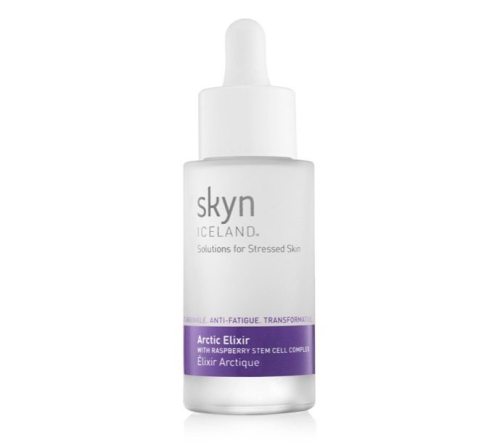
Skyn Iceland Arctic Elixir With Raspberry Plant Stem Cell Complex $49
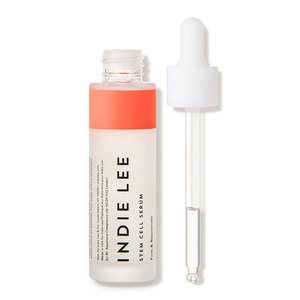
Indie Lee Stem Cell Serum $135
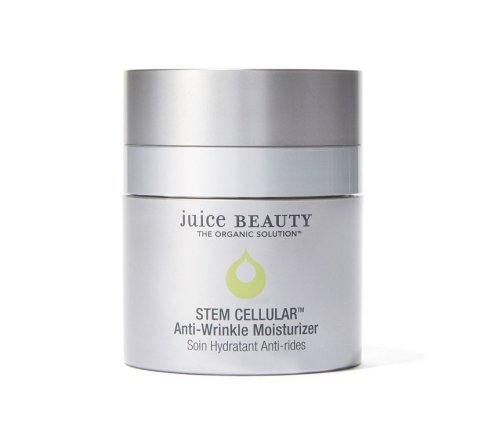
Juice Beauty Stem Cellular Anti-Wrinkle Moisturizer $70
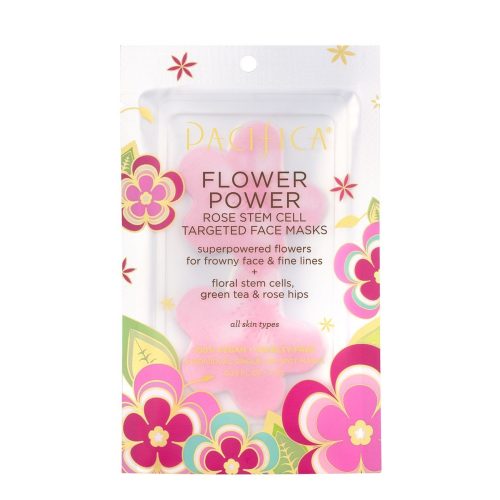
Pacifica Flower Power Rose Stem Cell Targeted Face Masks $5
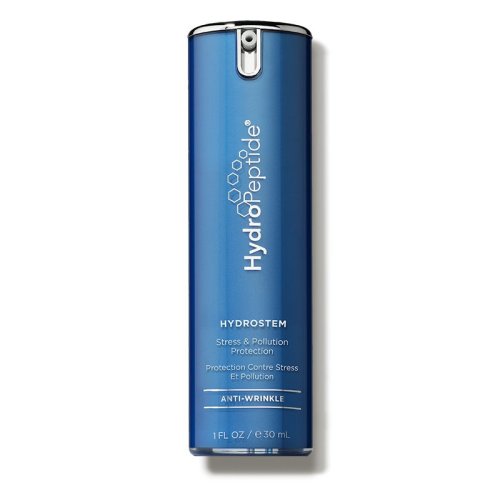
HydroPeptide Hydrostem Stem Cell Antioxidant Serum $160
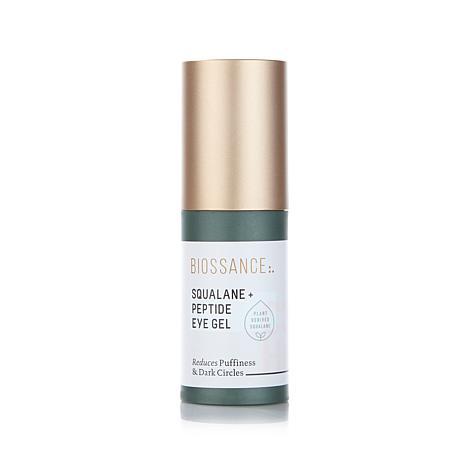
Biossance Squalane + Peptide Eye Gel $54
Other ingredients to add to your skin-care regimen include some form of retinol, along with a trusty vitamin C serum.
Sign up for the Well+Good SHOP Newsletter
Get exclusive deals on wellness, beauty, fitness, and food products that have been hand-picked by our editors.
Got it, you've been added to our email list.










